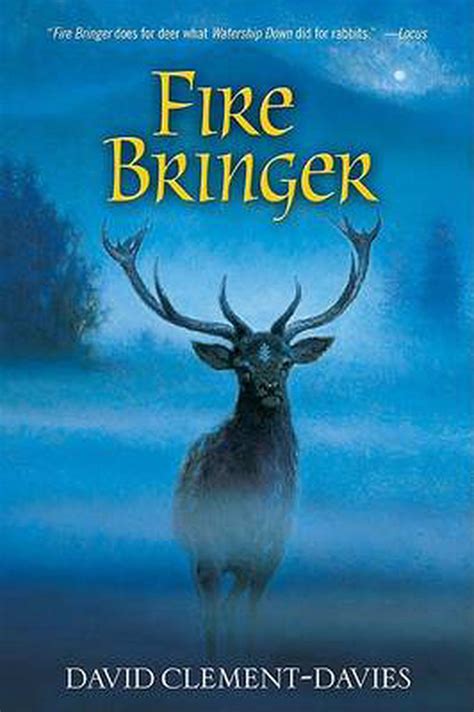A Quote by Nikos Kazantzakis
This book was not written because I wanted to offer a supreme model to the man who struggles; I wanted to show him that he must not fear pain, temptation or death - because all three can be conquered, all three have already been conquered. Christ suffered pain, and since then pain has been sanctified. Temptation fought until the very last moment to lead him astray, and Temptation was defeated. Christ died on the Cross, and at that instant death was vanquished forever.
Related Quotes
Only those who try to resist temptation know how strong it is. ... We never find out the strength of the evil impulse inside us until we try to fight it: and Christ, because He was the only man who never yielded to temptation, is also the only man who knows to the full what temptation means—the only complete realist.
How, then, shall a Christian bear fruit? By efforts and struggles to obtain that which is freely given; by meditations on watchfulness, on prayer, on action, on temptation, and on dangers? No, there must be a full concentration of the thoughts and affections on Christ; a complete surrender of the whole being to him; a constant looking to him for grace.
What is an "instant" death anyway? How long is an instant? Is it one second? Ten? The pain of those seconds must have been awful as her heart burst and her lungs collapsed and there was no air and no blood to her brain and only raw panic. What the hell is instant? Nothing is instant. Instant rice takes five minutes, instant pudding an hour. I doubt that an instant of blinding pain feels particularly instantaneous.
If... God highly exalted Christ because He humbled Himself, suffered dishonour, was tempted and endured a shameful cross and death for our sake, how will He save, glorify and raise us up if we neither choose humility, nor show love to our fellows, nor gain our souls by enduring temptation (cf. Lk. 21:19), nor follow the saving Guide through the 'strait gate' and along the 'narrow way' leading to eternal life (Mt. 7:14)? To this end we were called, says Peter, the chief Apostle, ' Because Christ also suffered for us, leaving us an example that we should follow His steps' (I Pet. 2:21).
We read poetry because the poets, like ourselves, have been haunted by the inescapable tyranny of time and death; have suffered the pain of loss, and the more wearing, continuous pain of frustration and failure; and have had moods of unlooked-for release and peace. They have known and watched in themselves and others.
Now, there was an anchorite called Timothy in a coenobium. The abbot, having heard of a brother who was being tempted, asked Timothy about him, and the anchorite advised him to drive the brother away. Then when he had been driven away, the brother's temptation fell upon Timothy to the point where he was in danger. Then Timothy stood up before God and said, "I have sinned. Forgive me." Then a voice came which said to him, "Timothy, the only reason I have done this to you is because you despised your brother in the time of his temptation."
In his (Christ's) surrender on the cross all the pain and agony of mankind was concentrated at a single point, and passed through from death to immortality, There is no pain of any creature from the beginning to the end of time which was not 'known' at this point and thus transmuted. To know all things in the Word is thus to know all the suffering of the world transfigured by the resurrection, somehow reconciled and atoned in eternal life. It was God's purpose which he set forth in Christ as a plan for the fullness of time, to unite all things in him, things on heaven and things on earth'.
In one horrible moment the last piece of the prophecy became clear. So bid him take care, bid him look where he leaps, As life may be death and death life again reaps. He had to leap, and by his death, the others would live. That was it. That was what Sandwich had been trying to say all along, and by now he believed in Sandwich. He put on a final burst of speed, just like the coach taught him in track. He gave everything he had. In the last few steps before the canyon he felt a sharp pain in the back of his leg, and then the ground gave way under his feet. Gregor the Overlander leaped.
By raising Christ from death, God as the supreme Judge set his seal to the absolute perfection and completeness of his atoning work. The resurrection is a public announcement to the world that the penalty of death has been borne by Christ to its bitter end and that in consequence the dominion of guilt has been broken, the curse annihilated forever more.




































